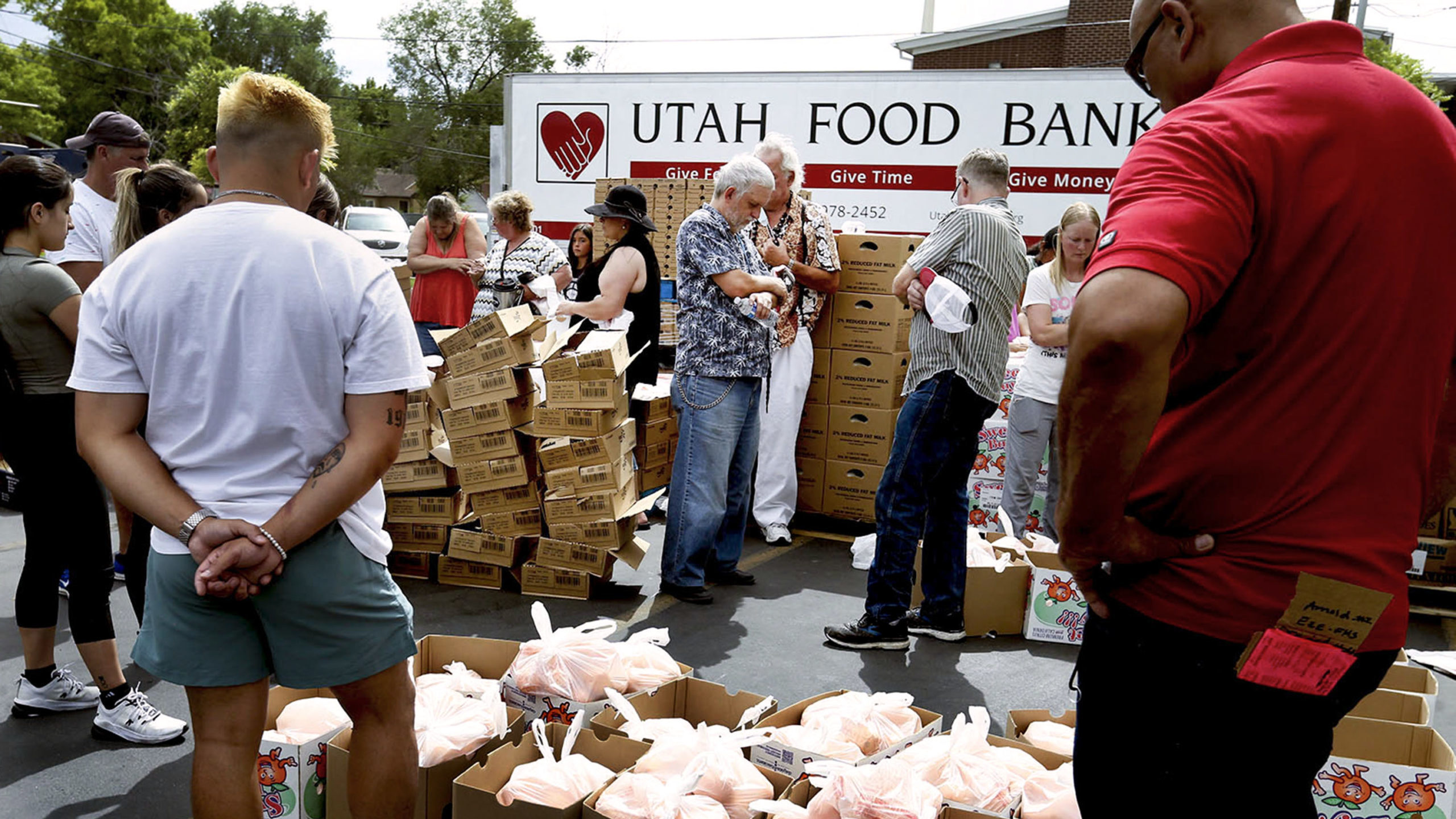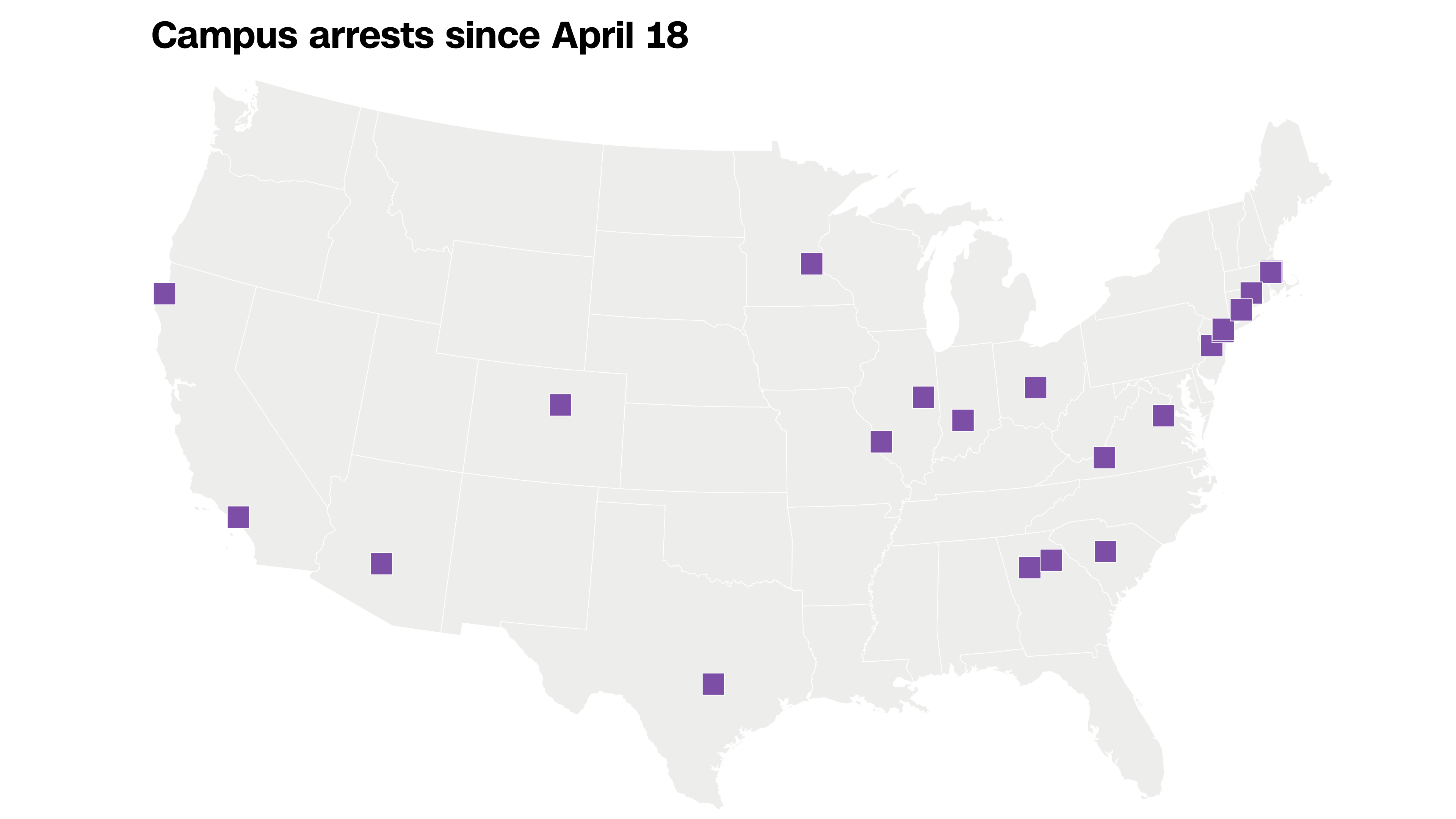U.S. Immigrants are vulnerable to experiencing food insecurity, new study shows
Jun 14, 2023, 7:00 PM | Updated: Jun 15, 2023, 7:49 pm

University of Utah Population Health Sciences Research Assistant Professor Nasser Sharareh said that immigrants are very vulnerable to experiencing food insecurity. (Laura Seitz/Deseret News)
(Laura Seitz/Deseret News)
SALT LAKE CITY — A new study conducted with help from University of Utah Population Health Sciences, Research Assistant Professor Nasser Sharareh shows that immigrants in the U.S. are at a high risk of experiencing food insecurity.
Sharareh joined KSL NewsRadio to discuss the study, beginning by defining food insecurity.
“So, food insecurity is defined as the lack of access to food for an active healthy life,” he said.
Sharareh explains that one factor in conducting this research was experiencing food insecurity himself.
“I’m an immigrant myself and have experienced food insecurity during my life in the U.S. so I know how difficult and complex this problem is.”
He says that around 45 million people in the U.S. are immigrants. Therefore, addressing the issue of food insecurity will have a big effect on public health in the country.
The first major finding of the study was having the identification of a U.S. immigrant naturally puts those individuals at a higher risk.
“We found that simply being a non-citizen puts individuals at risk of food insecurity,” Sharareh said.
Second, the study found that although government programs such as the Supplemental Nutrition Assistance Program, SNAP, exist, many immigrants may not utilize them because they fear deportation or do not qualify.
The third finding shows that at the poverty level, there are few disparities concerning food insecurity between U.S.-born citizens and U.S. immigrants. However, at higher income levels the study shows that U.S. immigrants experience food insecurity at a much higher level than natural-born citizens.
Sharareh says this disparity at the higher income level could be due to more support offered to U.S.-born individuals or discrimination against immigrants.
Solutions to food insecurity among immigrants
Ways to combat these food insecurities include improving awareness about available food resources at the local levels. Furthermore, Sharareh said that destigmatizing the utilization of resources like SNAP among immigrants could help, along with modifying qualifications for such programs.
He also says that addressing discrimination against immigrants would greatly help the number of individuals experiencing food insecurity.
“Immigrants should have their own parade, similar to the Pride Parade, every year,” Sharareh suggests.













